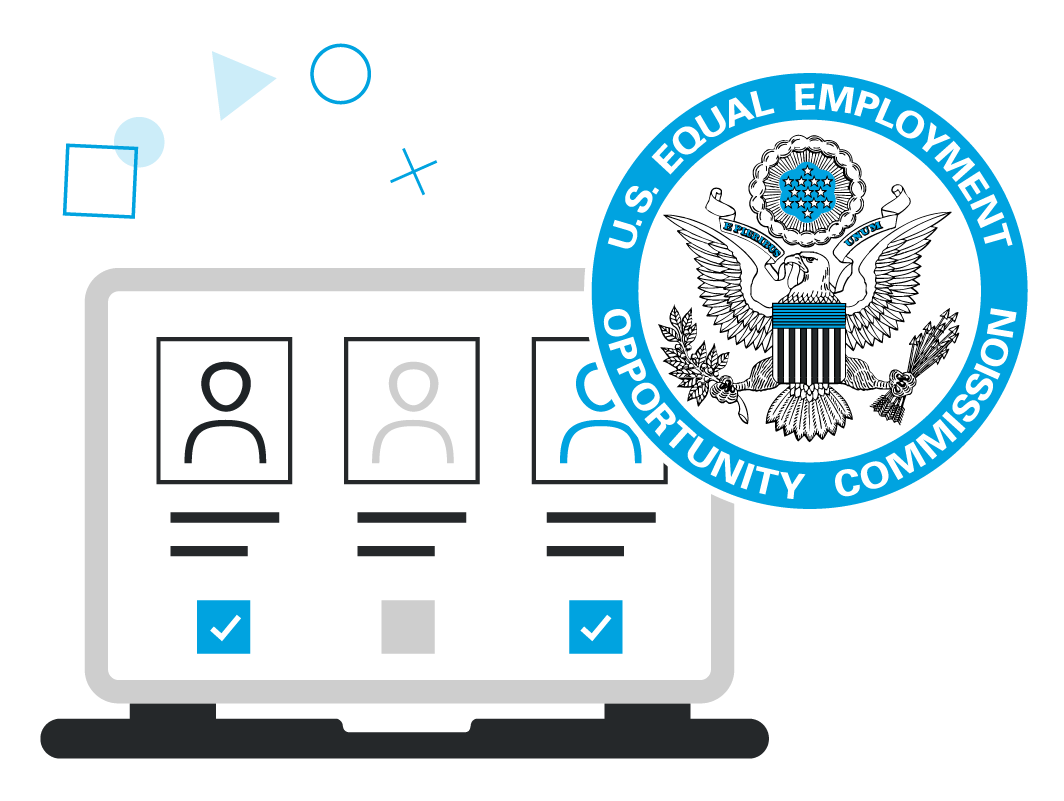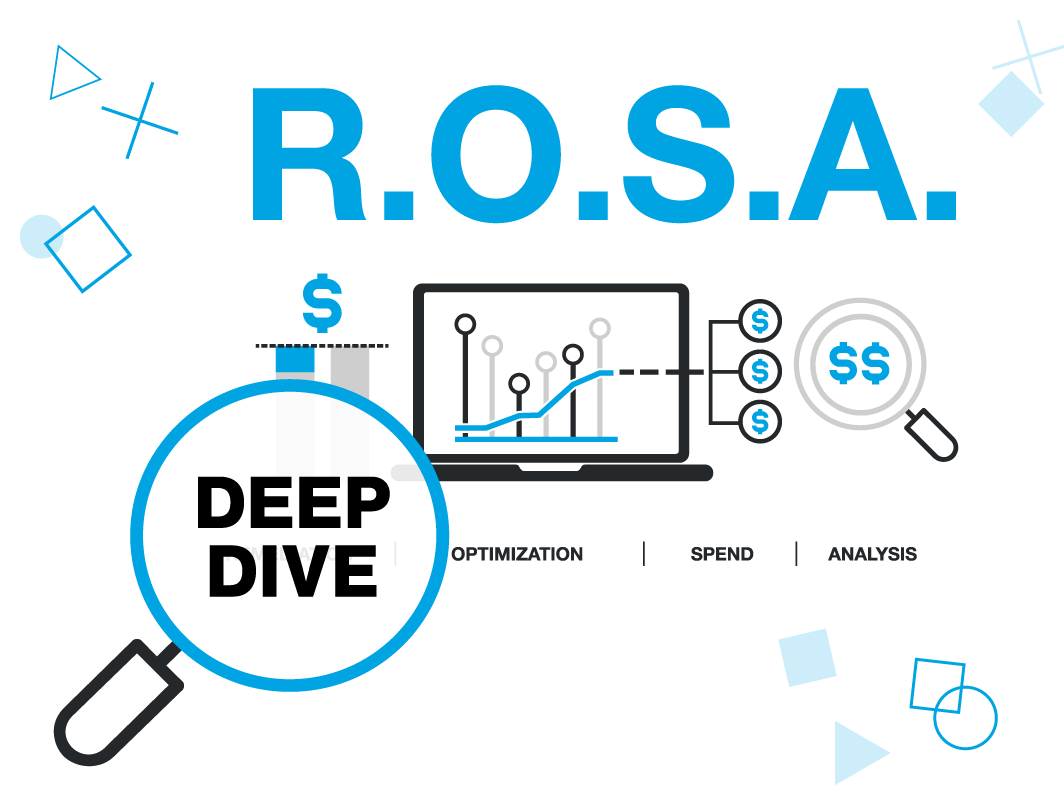
![]()
What appeared to be the final ESG investing rule issued by the U.S. Department of Labor (DOL) on October 30, 2020, is now in flux.
The final ESG investing rule, which applies to a 401(k) or 401(b) type plan, had required ERISA plan fiduciaries to base investment decisions on financial factors alone, prohibiting fiduciaries from selecting investments based on non-pecuniary considerations, which appeared to restrict “do-good” or ESG investing (“ESG Rule”). An example would be when a fiduciary concluded that the board/management diversity would have a material financial effect on the investment.
What remained under that final ESG Rule to consider nonpecuniary factors was in the tie-breaker context in “economically indistinguishable” investments. This narrow path was allowed only if the fiduciary is unable to distinguish them on pecuniary factors alone, provided that the fiduciary documents (i) why considering only pecuniary factors was not sufficient to make the decision, (ii) how the selected investment compares to the considered alternative(s) in light of the plan’s diversification, liquidity, cash flow requirements, and funding objectives, and (iii) how the applicable non-pecuniary factor(s) is consistent with the financial interests of the plan participants and beneficiaries.
This final rule was seen as a barrier to ESG funds in investment plans. However, on January 20, 2021, the Biden administration issued a Fact Sheet, which included the announcement that the DOL would be reviewing the “Financial Factors in Selecting Plan Investments,” 85 Fed. Reg. 72846 (November 13, 2020).” See the Fact Sheet here.
Biden’s move to review the ESG rule is a sign that diversity, equity, inclusion, and access (DEI&A) are going to be a major focus over the next several years. Employers should be mindful of this as they establish DEI goals.
A great place for employers to start is to review their current pay practices to ensure they are fairly compensating their workforce. Pay equity is a significant proponent to DEI&A and it can also help employers work towards meeting their ESG goals.



